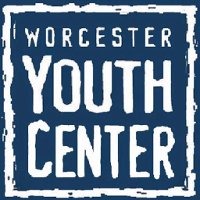Work Preparation

Work Preparation
Knowledge and practical experience of workplace fundamentals is essential. The Center of Labor Market Studies suggests the so-called “soft skills” are often the most important, yet sadly, youth do not acquire them prior to seeking employment. Income level is associated with a number of socio-economic indicators including positive health outcomes. Work preparation helps develop a framework for being industrious and productive in future employment as well as supports one’s ability to lead a healthy life.
Work Readiness activities begin with 20 hours of basic career awareness and workplace fundamentals. Youth are taught the basic expectations around attendance, behavior, and cooperation at work. From there, they build a portfolio of essential tools necessary for getting a job. In group and one-on-one sessions, the youth create a resume, cover letter, and a “thank you” letter, among other tools. They also participate in online job search and mock interviews. Once a portfolio is successfully established, they go on real interviews with one or several employer partners.
Work place experience is gained through internships where youth practice their newly acquired knowledge and apply and sharpen their skills in a real work environment. Internships last up to 80 hours, and some are subsidized, depending on the funding source. The staff review each youth in an internship using the Massachusetts Work-based Learning Plan, a tool used to measure workplace skills. Based on their need, youth are supported to obtain unsubsidized work or enter post-secondary education.

Leave a Reply
You must be logged in to post a comment.